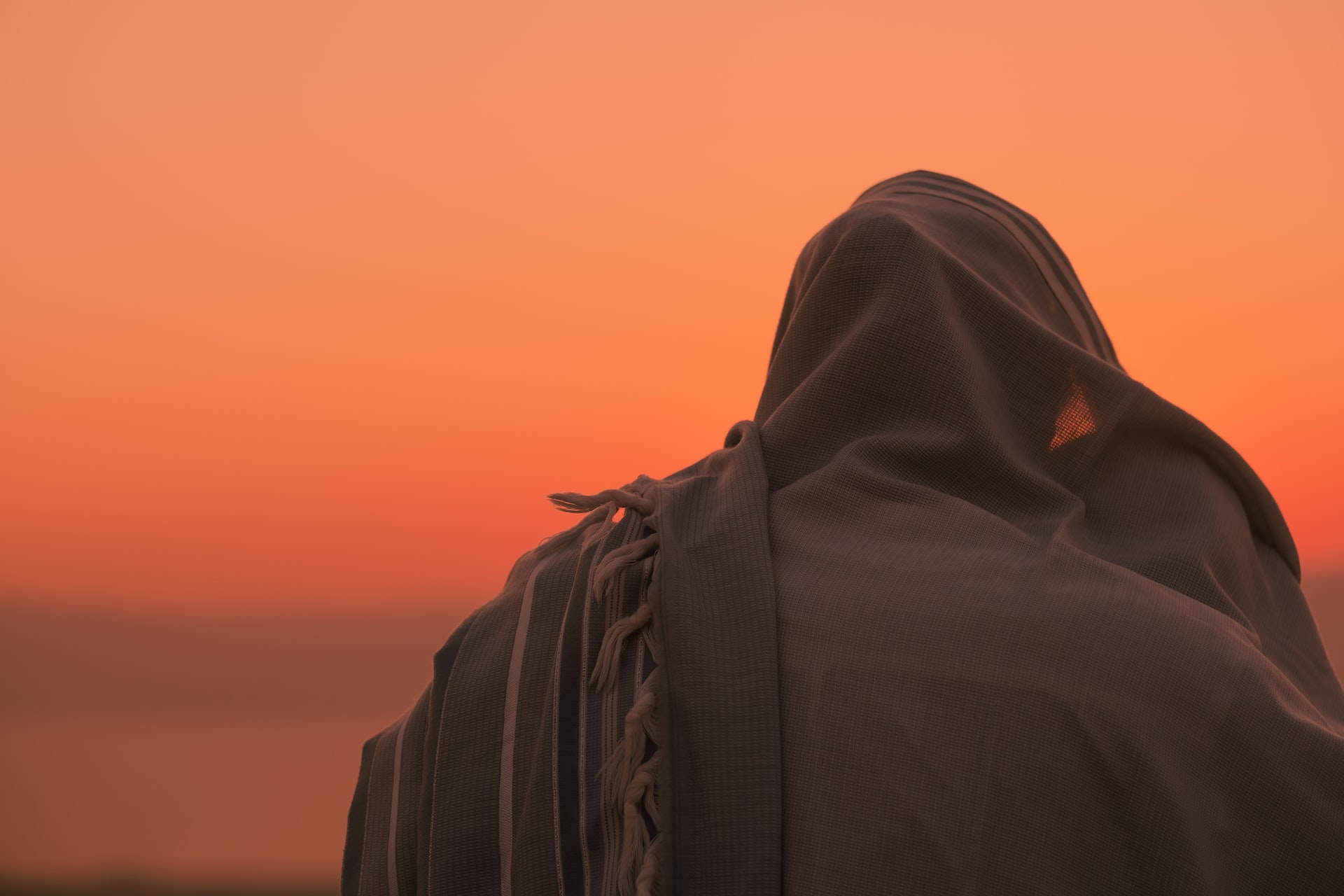
3 Blessings that Shatter the Wall between Man and G-d

The first 3 blessings of the Amidah shatter the wall between man and G-d. This podcast shows you how Hashem Him/Herself gives us the tools to reach out not just once, but many times a day. Consider these ideas as you pray – especially if you are leading the communal repetition of the prayer.
Thank you for listening…
p.s. I was very reluctant to record this. It is beyond my comfort zone, and what I wanted to say kept changing shape. What actually got me to do it was my blessing of the week explained below…
For the past few years I’ve been trying and failing to make a Shabbat candelabra for Rebecca. Yesterday, I finally figured out how to realize my vision. This morning, I lit it as a test and it dawned on me that I had made what I regard as the core symbol of Hashem’s presence in our world. I had made a burning bush; that which creates spiritual energy without destruction. I’ve written a great deal about this symbol, the menorah and the almond tree. I am deeply surprised and grateful that (despite the fact that I am not an artist), Hashem blessed me with the ability to capture these core ideas in physical form.
To add blessing to blessing, I made the candelabra entirely out of materials taken from our house during work I was doing on it. It was created from what otherwise would have been destroyed. Spiritual energy was created without destruction.
I went into the creation process thinking I would make a tree – the fruit of the family and all that. I’ve come out realizing that this gift symbolizes Rebecca herself. She lights up those around her with her warmth and her love; and she does it without ever denigrating or undermining or wounding others.
Hashem giving me the ability to express what I didn’t even realize I was trying to say – in a medium I have never touched – led me to believe I could publish the above meditation.
For more of my writing, explore my divrai Torah and books.
Note: the name of G-d was recorded while I was davening privately and I received Rabbinic permission to use it in this context.
Photo by Levi Meir Clancy on Unsplash


